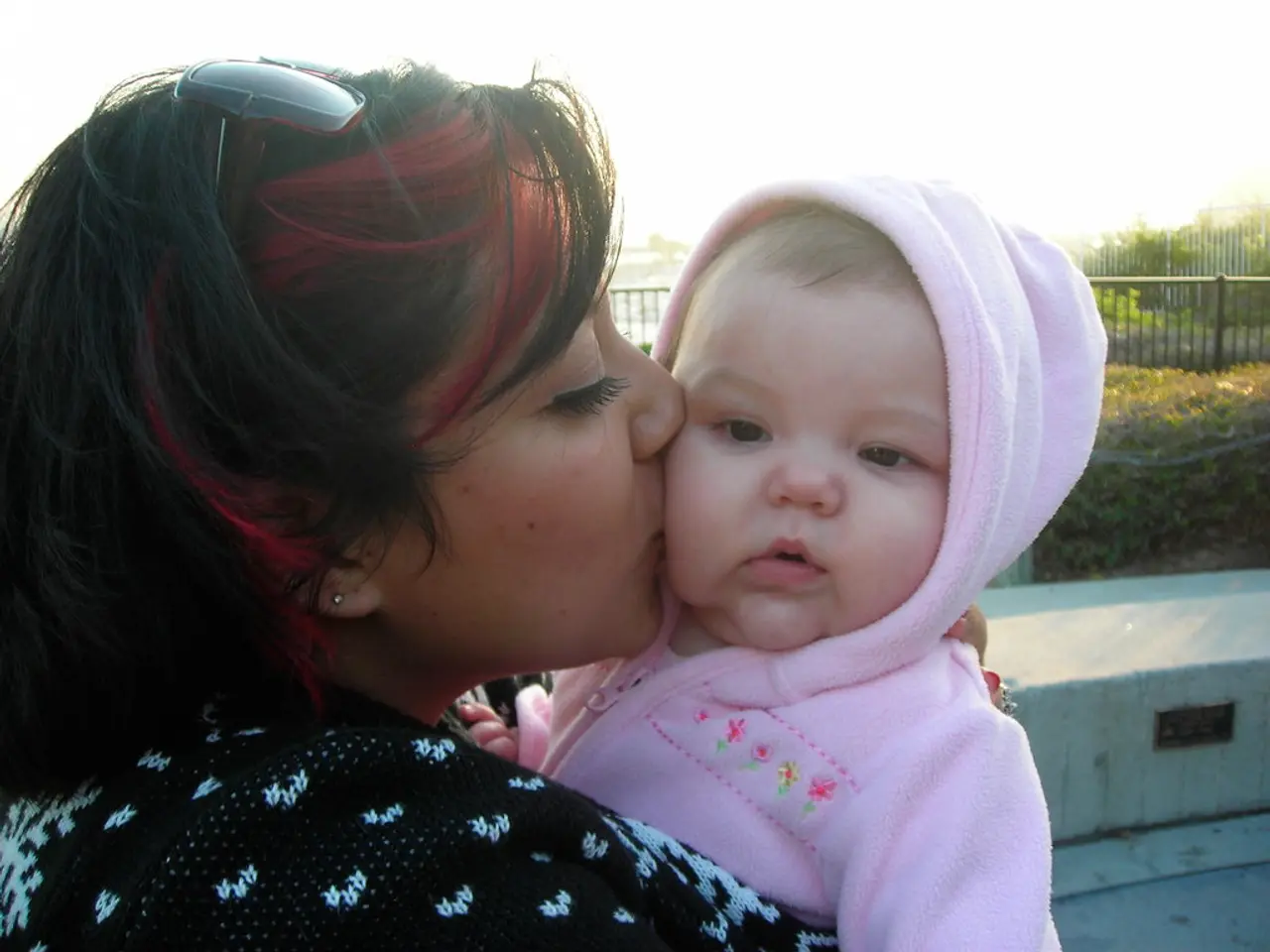Mourning the Demise of a Mother: Strategies for Daughters to Navigate Grief
In the aftermath of losing a mother, many individuals find themselves grappling with a complex web of emotions. While there are numerous studies that delve into the psychological impacts of family losses, a specific focus on the differences in grief experienced by daughters and sons has yet to be clearly attributed to a particular research. However, resilience studies by researchers such as Emmy Werner, Ruth Smith, and Nathan Caplan in the US have shed light on the overall effects of family losses.
One of the most challenging aspects of grieving the loss of a mother is the emotional turbulence that ensues. According to the Diagnostic and Statistical Manual of Mental Disorders (5th ed.), a variety of normal emotions can surface in the year following parental loss, including regret, remorse, anxiety, guilt, emptiness, rage, anger, sadness, and numbness.
The death of a mother can have a profound impact on both sons and daughters, but recent studies suggest that daughters may be more significantly affected. A 2015 study found that women have a more intense grief response and more difficulty adjusting to the loss of a parent, while a 2021 study linked parental loss with depression and a compromised sense of self in young adults, particularly among women.
This intense grief response can manifest in various ways, including physical symptoms such as increased chances of cancer, cardiac issues, immune disorders, and high blood pressure. If extreme grief persists for more than a year or interferes with daily tasks, seeking the support of a mental health professional may be beneficial.
During this difficult time, it's essential to remember that you are not alone. Offering maternal support to others who have experienced parental loss can provide a sense of purpose during the grieving process. Additionally, seeking support from other maternal figures can help retain feelings of guidance and understanding.
Local support groups, online chat forums, and mental health professionals specializing in grief recovery can provide valuable assistance during this challenging time. Books such as "Healing After the Loss of Your Mother: A Grief & Comfort Manual", "Motherless Daughters: The Legacy of Loss", and "How to Survive the Loss of a Parent: A Guide for Adults" may also offer comfort and guidance.
In the face of loss, it's important to find ways to honour the memory of your mother. This can take many forms, such as donating to her favourite charity or pursuing a personal goal she always wanted. Keeping up with traditions from your mother, or starting your own, may also help ease the burden of loss.
Focusing on happy reminders such as pictures, books, or keepsakes can provide comfort during the grieving process. Additionally, practicing mindfulness, the ability to focus on the moment and not follow thoughts down an emotional path, can help manage painful memories related to the loss of a mother.
If feelings of grief become overwhelming and you are considering self-harm or suicide, help is available right now through the 988 Suicide and Crisis Lifeline, Crisis Text Line, or Befrienders Worldwide. It's crucial to remember that seeking help is a sign of strength, not weakness.
Navigating grief after the loss of a mother is a challenging journey, but with the right support and resources, it is possible to find a path towards healing and growth.
Read also:
- Abu Dhabi initiative for comprehensive genetic screening, aiming to diagnose over 800 conditions and enhance the health of future generations in the UAE.
- Elderly shingles: Recognizing symptoms, potential problems, and available treatments
- Protecting Your Auditory Health: 6 Strategies to Minimize Noise Damage
- Exploring the Reasons, Purposes, and Enigmas of Hiccups: Delving into Their Origins, Roles, and Unsolved Aspects





